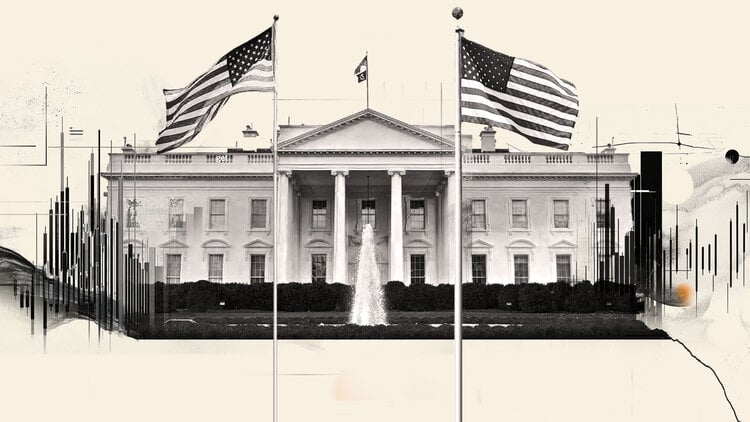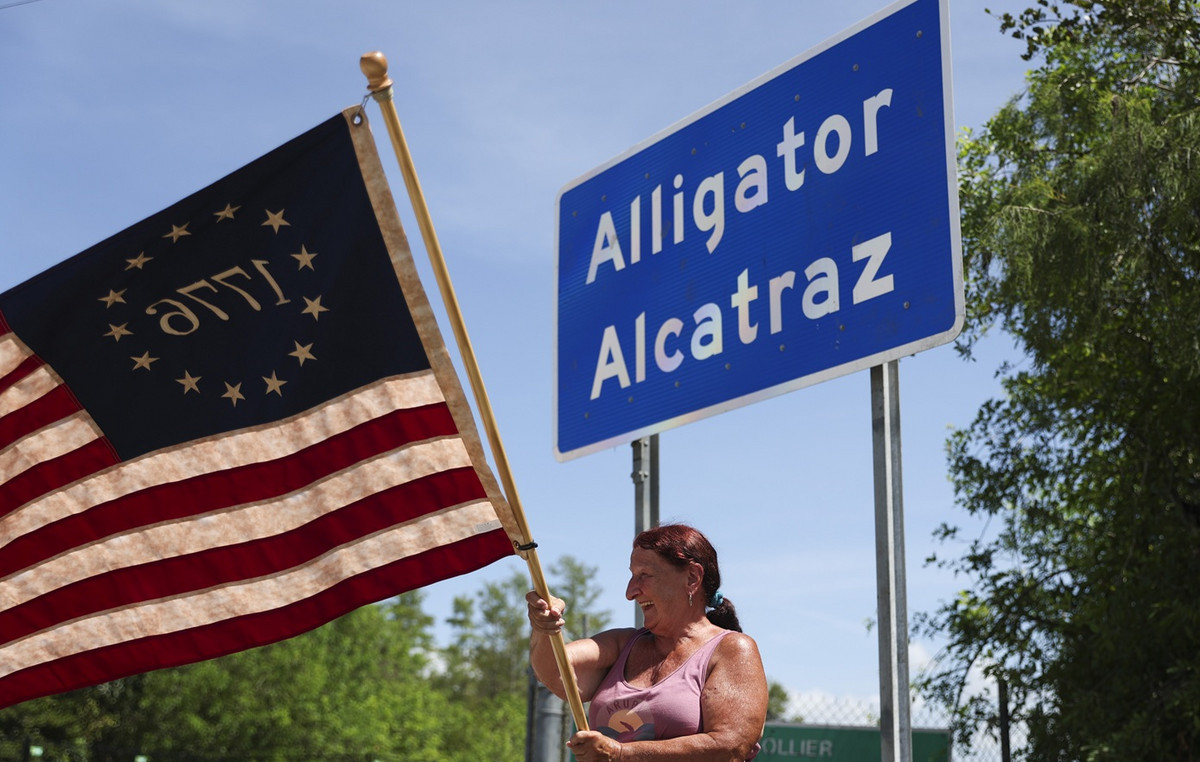The spoils of the bankruptcy of Daslu, which was a temple of luxury in São Paulo, will be auctioned in an event scheduled for the 11th of May.
The main bet of Sodré Santoro, responsible for the auction, is that someone is interested in the name of Daslu and tries to rescue its aura of exclusivity.
Specialists heard by Estadão are divided, however, whether this “resurrection” would be possible.
Auction organizer Sodré Santoro has experience in resuming old brands: it was the company that sold Mappin to the Marabraz chain in 2010. Since 2019, Mappin, which had been shut down in 1999, has been a small e-commerce operation.
For auctioneer Mariana Sodré Santoro Batochio, Daslu arrives at the moment of sale with the advantage of being seen as “the brand that opened the door to Brazil for most international brands”.
The Daslu brand sale process is already open on the auction company’s website and will be carried out exclusively on the internet. The owner of the highest bid will be revealed on the 11th.
Auctioneers understand that the Daslu brand, although it is part of a group that has gone through difficulties and legal fights, was not necessarily “contaminated” by these issues.
Historic
Daslu, created by businesswoman Eliana Tranchesi, who died in 2012, flew high for more than a decade, starting in the 1990s.
At a time when international luxury brands had practically no presence in Brazil, Daslu offered not only access, but also specialized services to its customers in a “mistress’s house” style – with saleswomen in uniform and who treated consumers, who they often spent the afternoon at the store, as if they were in a São Paulo mansion.
“Once the heel of my shoe broke and I had to go to Daslu in the middle of the afternoon”, recalls brand specialist Ana Couto, who was impressed by how people who frequented the place felt at home, walking around the store and showing the choices of parts not only for the salespeople, but also for other customers.
“Daslu had a consulting aspect that luxury brands pursue to this day. But other aspects were dated, starting with the uniforms.”
For Ana Couto, if any company decides to buy the Daslu brand, it will be necessary to carry out a complex restructuring work, to take advantage of the exclusivity and service aspect, but eliminating what no longer works.
In addition, Daslu’s positioning will also need to take into account that, today, shopping mall chains such as Iguatemi and Cidade Jardim offer dozens of luxury brands to consumers – a scenario very different from the one seen in the 1990s.
For Ana, this will be a difficulty for anyone interested in investing in the reconstruction of Daslu. “Being just a multi-brand store is not going to work.”
Scandal
However, the challenges of an eventual new owner of the Daslu brand are not limited to market issues, as the company has also gone through a long and visible reputation crisis.
In fact, Daslu’s castle began to crumble in 2005, not long after the opening of Villa Daslu, a luxury megastore that is now part of Shopping JK Iguatemi.
The neoclassical building, measuring 20,000 square meters and built at a cost of R$ 100 million, once had around 700 employees.
It was at this time that Eliana Tranchesi was arrested for tax evasion and for selling products brought into the country illegally. It was the beginning of the company’s decline. In the following years, the company saw its cash flow empty, and by 2010, Villa Daslu was a shadow of what it had been when it first opened.
There was a lack of products, and the saleswomen no longer had much to do, as the clientele had retreated, as reported by Estadão at the time.
In 2010, the company entered into judicial recovery, with debts of R$ 80 million. In 2011, shortly before the death of Eliana Tranchesi and the closing of the megastore on Marginal Pinheiros, Daslu was purchased, for R$ 65 million, by the Laep fund, owned by Marcos Elias, a businessman who has already faced several questions in court and also owned of Parmalat in the country.
eviction
In the business model after its megastore, Daslu tried to reinvent itself as a multi-brand network with a presence in shopping malls, with units in São Paulo, Brasília and Ribeirão Preto (SP).
But the project also failed. In 2016, the company was evicted from Shopping JK for not paying the rent (the bill reached BRL 3 million at the time) – similar problems also occurred in other shopping centers.
There were also comments about difficulties in paying salaries and that, despite the capital injections he had received, the debt was already greater than when the recovery request was made. The result was bankruptcy.
Now, years later, all that’s left of Daslu is the name – not just that of the main brand, but also about 50 sub-brands of specific lines of the company.
On the website of the auction house Sodré Santoro, the exploitation rights of the Daslu brand are being announced for a minimum bid of R$ 1.4 million, a value much lower than the figures that the store once handled.
In case it doesn’t attract interested parties, the auctioneer has already scheduled two extra events, for the 19th and 26th of May. The information is from the newspaper. The State of São Paulo.
Source: CNN Brasil
I am Sophia william, author of World Stock Market. I have a degree in journalism from the University of Missouri and I have worked as a reporter for several news websites. I have a passion for writing and informing people about the latest news and events happening in the world. I strive to be accurate and unbiased in my reporting, and I hope to provide readers with valuable information that they can use to make informed decisions.






